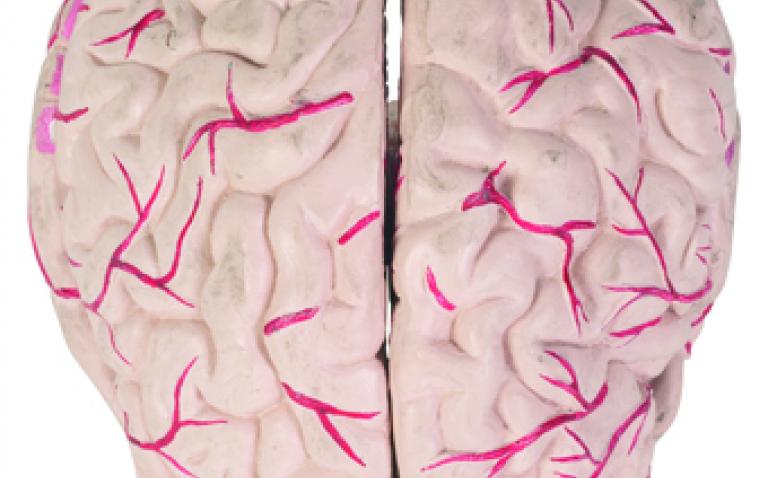Stroke, a loss of brain function due to a clot or bleed in the brain, is the third leading cause of death and the single largest cause of adult disability in England.
According to The Stroke Association, every year in the UK an estimated 150,000 people have a stroke – resulting in 67,000 deaths.
Stroke accounts for nine per cent of deaths in men and 13 per cent of deaths in women in the UK, and three times as many women die from stroke than breast cancer.
Improving public awareness of the signs of stroke is therefore a key element of the government’s National Stroke Strategy, originally published in December 2007.
The campaign launching today will inform the public about FAST – Face, Arm, Speech, Time to call 999. FAST is a simple test to help people to recognise the signs of stroke and understand the importance of fast emergency treatment.
Campaign adverts, on TV, radio, online and in print, show stroke
“spreading like fire in the brain” to illustrate that swift emergency action can limit damage and dramatically increase a person’s chances of surviving and of avoiding long-term disability.
As well as saving lives, the cost saving to the NHS as a result of this campaign will be significant. Direct stroke care costs the NHS £2.8 billion a year, and the wider economy a further £1.8 billion in income and productivity losses as a result of disability. The informal care cost is £2.4 billion.
Health Secretary Alan Johnson MP says that despite a big improvement in services, stroke still kills over 67,000 people in the UK each year and leaves thousands more disabled. In many cases, death or disability from stroke can be avoided but recognition of these early warning signs is crucial.
He believes that the campaign will help make sure that people having a stroke and those around them can recognise the signs and appreciate the need for fast emergency treatment.
Professor Roger Boyle, National Director for Heart Disease and Stroke likens stroke to spreading as a fire in the brain – the sooner you get to treatment and put the fire out, the less damage is caused to the brain.
He says that the faster a stroke patient receives emergency treatment, the better their chances are of surviving and minimising long-term disability.
On the launch of the campaign Jon Barrick, chief executive of The Stroke Association added that the Department of Health’s stroke awareness campaign is “vital”. He believes that better public understanding of stroke, its symptoms and treating it as a medical emergency will significantly improve the chances of recovery for the 150,000 people who have a stroke every year
in the UK.
Jon Barrick says that the awareness campaign will give this work a “fantastic boost and could help reduce avoidable deaths resulting from stroke”.










